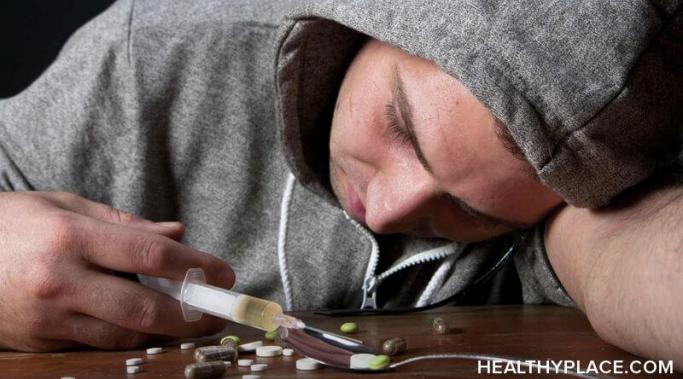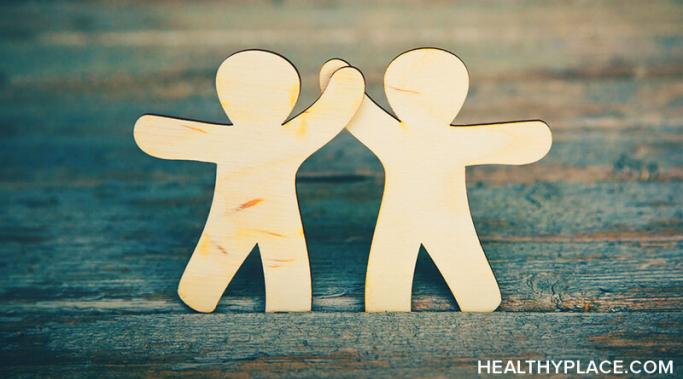The physical symptoms of mental illness and mental health struggles are not often spoken about but are important pieces in understanding mental health overall. I'm sure to some, pairing physical symptoms with something mental seems like a misnomer. Maybe that's part of why physical symptoms are used in the battle against stigma. But can the existence of physical symptoms stop mental health stigma?
How to Combat Stigma
When we're combatting mental health stigma, it's important to be as inclusive as possible. One of the ways we fight stigma is to talk about or try to convey the idea that our experiences don't have to fit in a box and that there isn't any shame in not having everything together, in being "messy." But does this saturation of messages mean it's not okay to be, for lack of a better word, "neat?"
Tragedy can bring people together and cause them to rally together for a cause, including mental health. While coming to arms to foster awareness is great, when we do so is also important. Don't wait until tragedy strikes to fight mental health stigma.
The stigma surrounding drug addiction can be just as pervasive as drug addiction itself. It's important to realize that spreading drug addiction stigma doesn't address the overall issue of drug addiction or to people recovering from the illness.
Bands, celebrities, and other icons make a difference by talking about mental health and mental illness. While some may think it's a publicity stunt, having larger-than-life people use their platforms in this way can have a positive impact on their fans and help fight against stigma.
The idea that mental health costs us money as a society is factual, but this is not a useful strategy in reducing stigma. That said, there are a number of strategies used in the effort of reducing mental health stigma that do work. Within the advocacy community itself, I feel many, if not most, are spot on or on the right track. But doing a high-level look at some of the strategies used, it's time to rethink how we're going to slow the impact of mental health stigma.
Despite my best efforts and all that I do, I sometimes catch myself thinking stigmatizing thoughts related to mental health and people with mental illness. I'm sure others do too, especially those who may be new to the mental health sphere. There are steps we can take to manage those stigmatizing thoughts to turn them around and lessen their frequency.
People underestimate how powerful compassion is for getting through tough times. Sure, facing hard realities is a necessary part of recovery and tough love can be beneficial. But, ultimately, I believe it's the power of compassion that'll help us through the hardest moments and that it's the most beneficial to those with mental illness and their loved ones.
It's not just those of us with mental illness who combat or want to combat mental health stigma. People in our support systems and others who may not have a connection to mental illness often want to do something as well. Maybe it's a matter of not knowing what to do or where to start, maybe it's something else. Whatever it is, if you fall into those categories, this post with tips to combat stigma is for you.
I combat self-stigma with books about mental health because as much as I love the online world and the connections it's helped me make, there's something about a physical book that can't be beat. I often find myself looking for books when I want to read personal accounts of journeys with mental illness and health in general. It's not just about reading the stories though — I find I seek them out most when the noise in my head is too loud. Reading these kinds of stories actually helps me combat self-stigma drumming away in the back of my mind.








